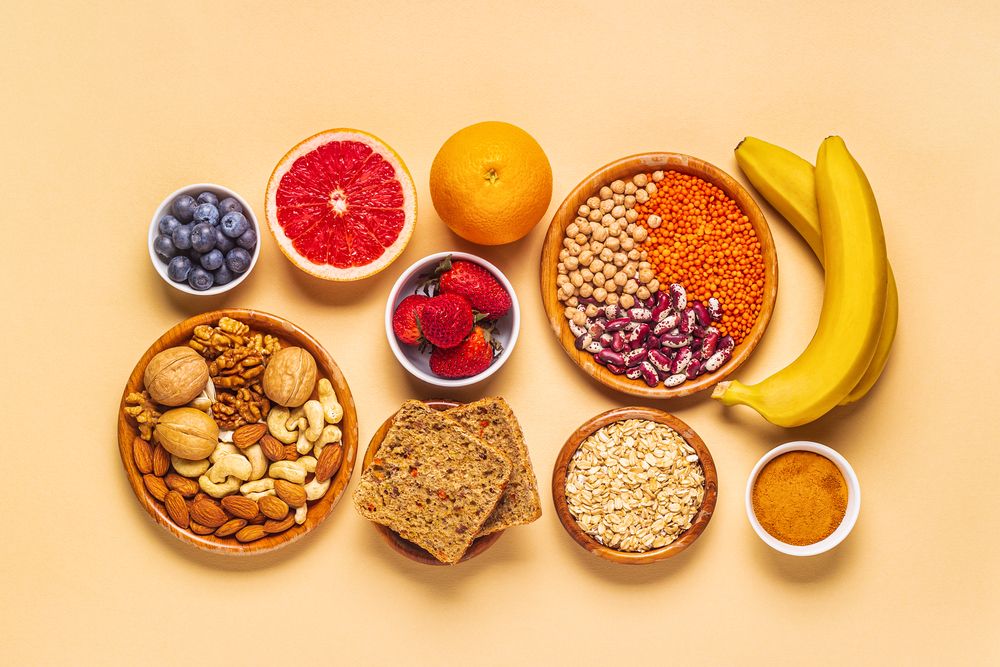When you find yourself under stress, your initial response might involve relaxation techniques such as deep breathing, guided meditation, yoga, or even a soothing bubble bath. However, did you know that specific foods can also play a role in calming your anxiety and reducing stress? That's correct! Eat This, Not That! recently interviewed Dr. Uma Naidoo, a Harvard-trained nutritional psychiatrist, professional chef, nutritional biologist, and author of 'This is Your Brain on Food' and the forthcoming 'Calm Your Mind With Food.' She provides insights into the top anxiety-reducing superfoods to include in your diet when you're feeling stressed.
If you're seeking innovative methods to effectively manage your stress, exploring anxiety superfoods is an excellent choice.
What Constitutes anxiety Superfoods?
If the term 'anxiety superfoods' caught your attention, you're not alone. But what qualifies a food as an 'anxiety superfood'? An anxiety superfood is a nutritious, nutrient-rich food that possesses stress-reducing properties.
The body employs various pathways to manage stress and anxiety, and specific nutrients obtained from foods can influence these mechanisms. For instance, gut health is intricately connected to mental and brain health via the gut-brain axis, making it important to maintain a healthy gut microbiome rich in beneficial bacteria to potentially alleviate anxiety. To support microbiome health and, consequently, manage anxiety, the consumption of foods high in prebiotic fiber and probiotics can be beneficial.
Minerals also play a significant role in anxiety regulation, with iron being a prime example. Dr. Naidoo explains, "Iron is essential for neurotransmitter metabolism in the brain and influences the availability of serotonin and dopamine—hormones associated with happiness—as well as affecting GABA levels." GABA is a neurotransmitter that exerts a calming effect by regulating nerve cell activity linked to anxiety, according to the Cleveland Clinic.
Dr. Naidoo emphasizes that "iron deficiency is one of the most prevalent nutritional deficiencies worldwide," underscoring the importance of prioritizing the consumption of iron-rich foods to maintain low levels of anxiety and stress. While red meat is often considered a reliable source of iron, Dr. Naidoo points out that "cacao is the most well-known plant-based source of iron and contains three times the iron density of red meat." She adds, "Iron from plant sources is non-heme iron and requires vitamin C for optimal absorption!" Therefore, indulging in dark chocolate alongside a citrus fruit like clementine is an excellent strategy to maximize iron absorption.
Discover the Top Anxiety Superfoods for Stress Reduction
If you're eager to explore anxiety superfoods, take a look at Dr. Naidoo's top anxiety superfoods to consume during stressful times.
1) Berries
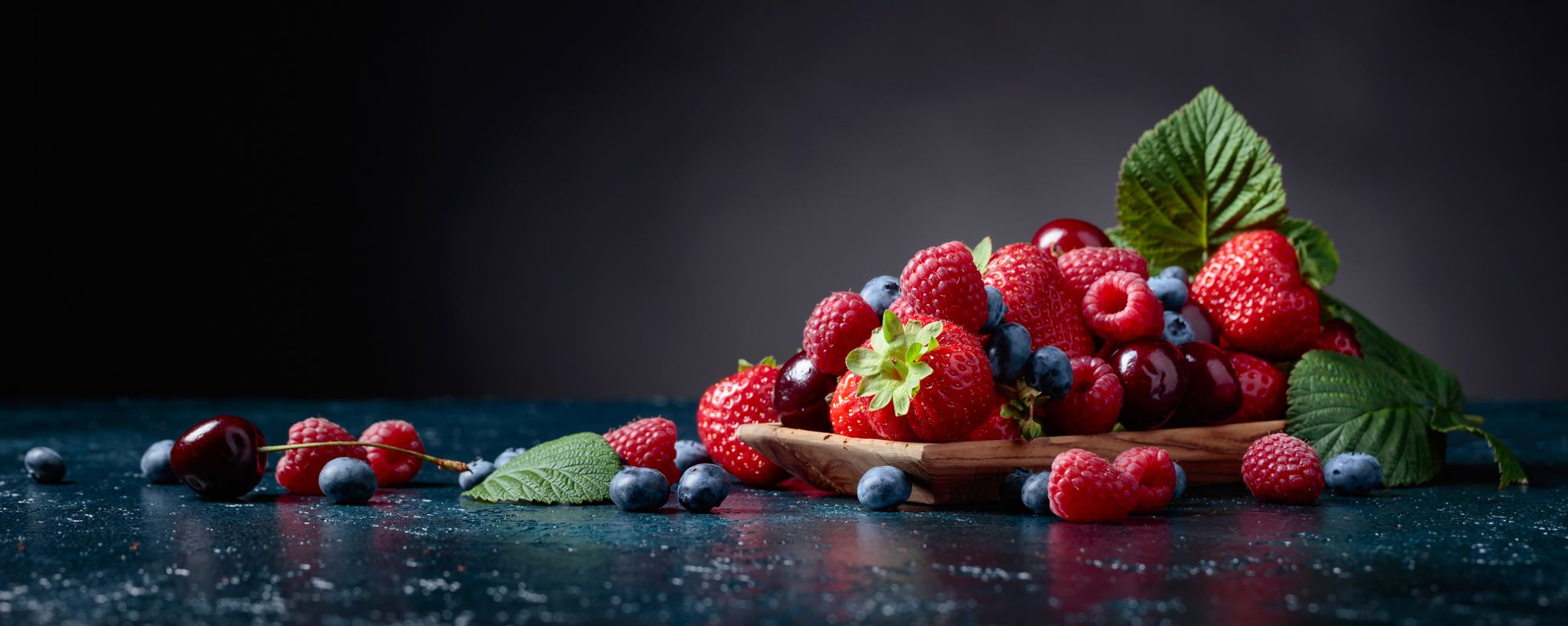
Berries are abundant in fiber and natural antioxidants like vitamins C and E. Additionally, they provide essential micronutrients such as calcium, folic acid, selenium, lutein, alpha carotene, and beta carotene," according to Dr. Naidoo. A study published in Nutrients revealed that dietary measures, including the consumption of blueberries, can be highly effective in enhancing mood and averting depression.
2) Egg Yolks
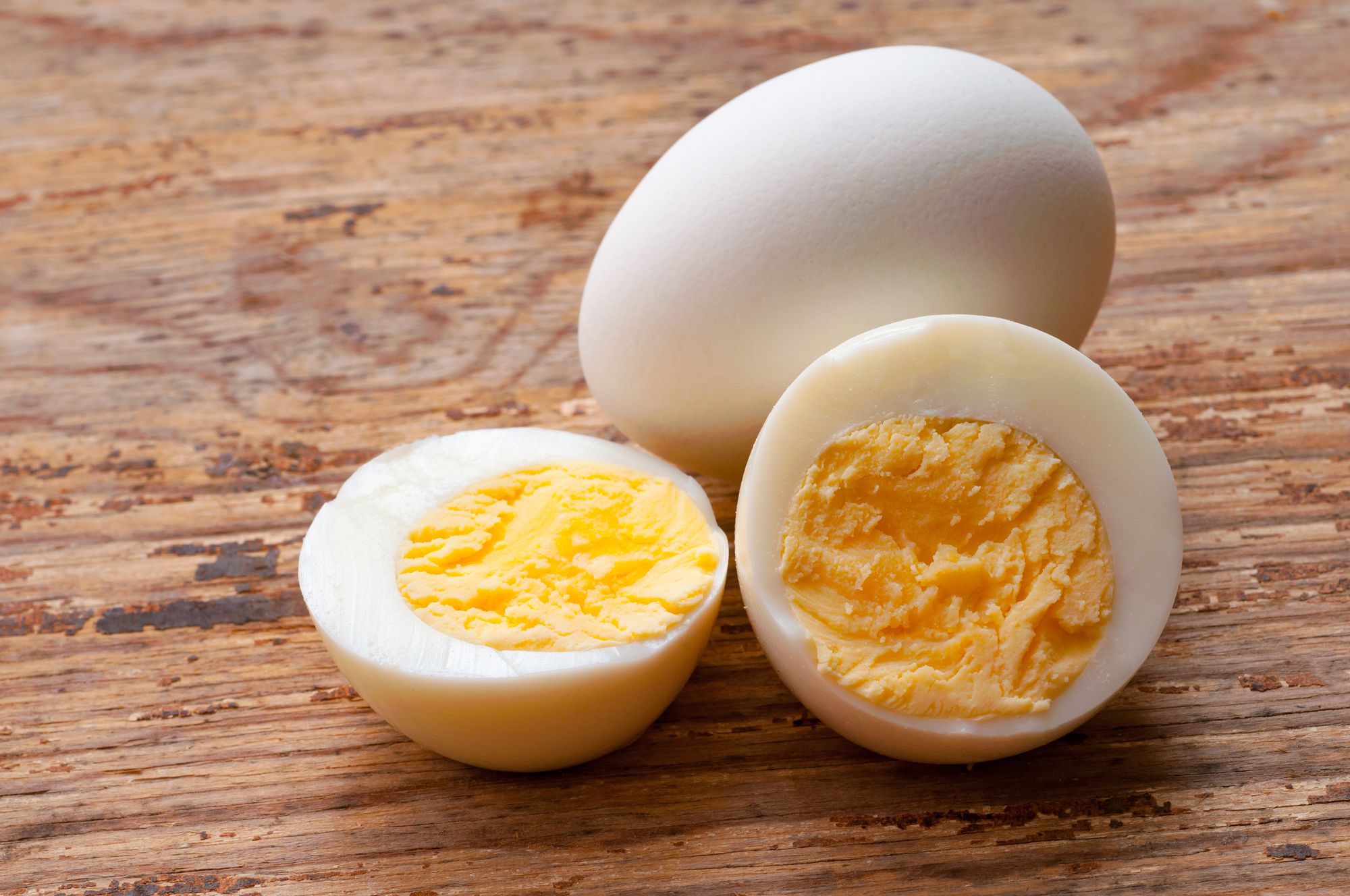
Egg yolks are rich in vitamin D, with a single large egg yolk containing 37 IU of vitamin D. According to Dr. Naidoo, research strongly supports the role of vitamin D in alleviating symptoms of depression and anxiety. Vitamin D, a fat-soluble vitamin renowned for its involvement in calcium absorption, bone development, mineralization, and remodeling, serves as a neuro-steroid in the brain. It plays a critical role in safeguarding against depression and anxiety disorders, and there is a well-established connection between vitamin D deficiency, depressive symptoms, and exacerbated anxiety. Both deficiency and excess of vitamin D are pivotal in regulating stress responses.
3) Unsweetened Kefir
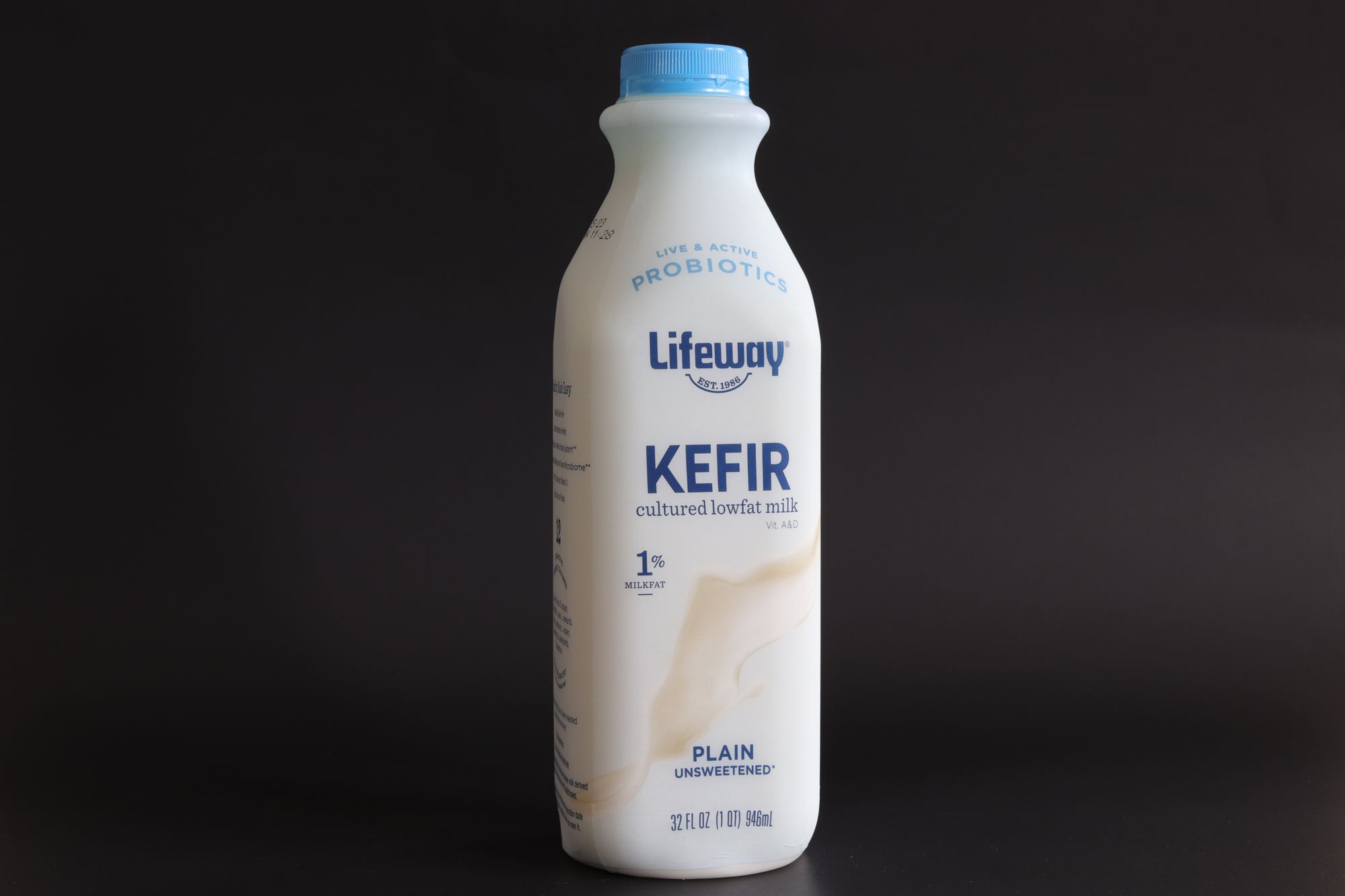
Fermented foods, such as whole milk unsweetened kefir, have the potential to foster the growth of beneficial gut bacteria. This can contribute to the reduction of inflammation and support the generation of essential compounds like enzymes, neurotransmitters, and other molecules necessary for optimal brain function, as detailed by Dr. Naidoo.
4) Avocado
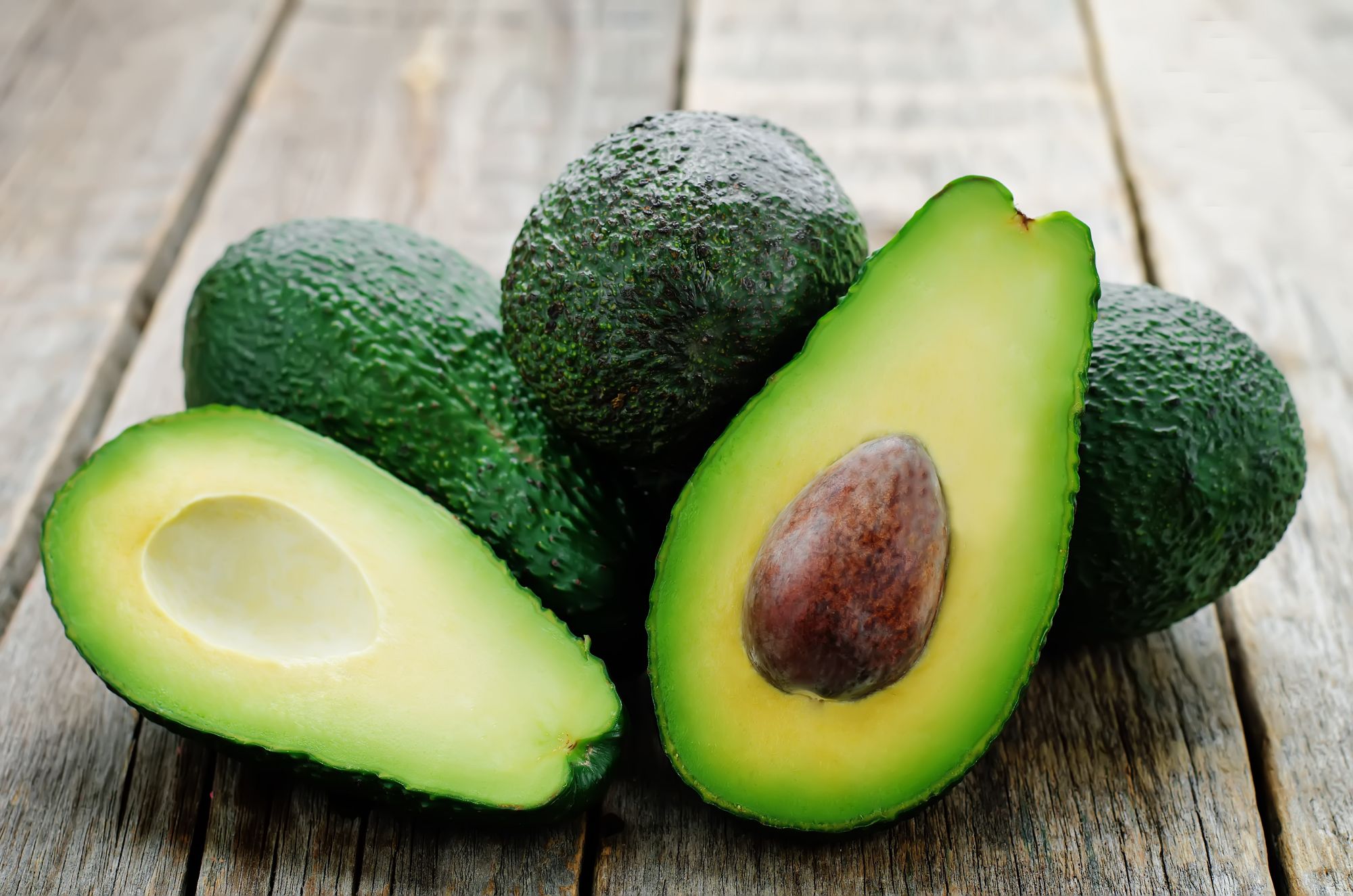
If you weren't aware, avocados are an excellent source of magnesium. As per the Cleveland Clinic, a single whole avocado provides 58 mg of magnesium.
Dr. Naidoo explains, "Magnesium is a mineral within the body that regulates various biochemical processes, including protein synthesis , muscle and nerve function." This mineral plays a pivotal role in the regulation of numerous neurotransmitters crucial for mood control. Research also indicates that magnesium deficiency is associated with symptoms like anxiety, fatigue, and irritability. "Increasing one's dietary intake of magnesium has been demonstrated to enhance sleep quality, hydration, muscle growth, and recovery. Sleep, nutrition, and physical activity are all closely intertwined with our mental health, particularly concerning symptoms of anxiety and depression.
5) Leafy Greens
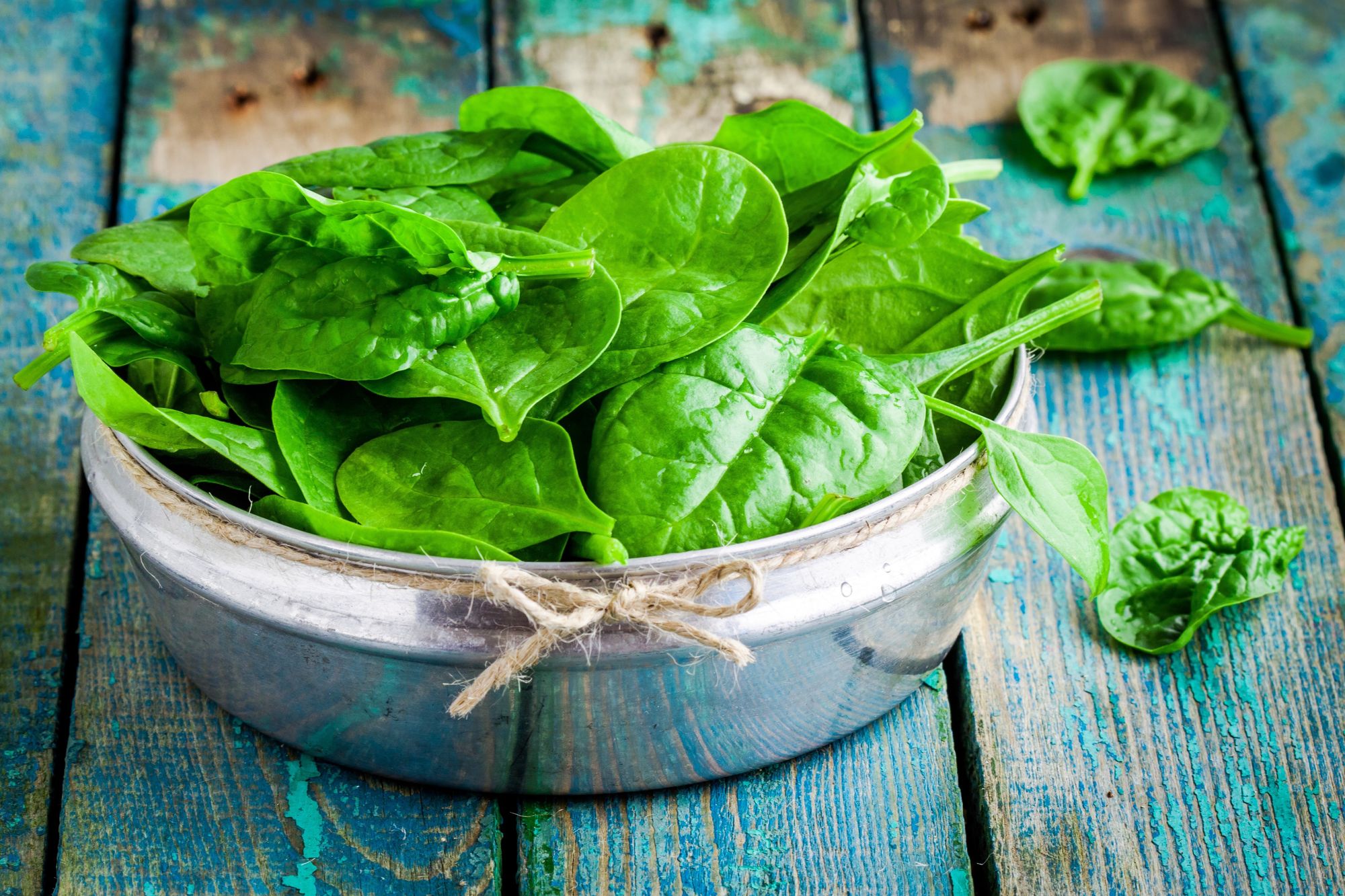
Leafy greens are a notable source of fiber and carotenoids, and they boast a wealth of folate, also known as vitamin B9," highlights Dr. Naidoo. "They are also rich in vitamins C, K, and calcium. Folate is a vital nutrient that supports the functioning of neurotransmitters, the brain's chemical messengers responsible for mood and cognition, including the management of anxiety and stress." It's worth incorporating leafy greens like spinach and kale into your meal rotation.
And don't discard those beet greens! "Many individuals dispose of beet greens, but they are brimming with nutrients, including calcium, fiber, and vitamins A and K," Dr. Naidoo informs us. "Turnip greens surpass the actual turnips in nutrient density! They contain stress-reducing compounds like gluconasturtiin, glucotropaeolin, and myricetin.
6) Green or Black Tea
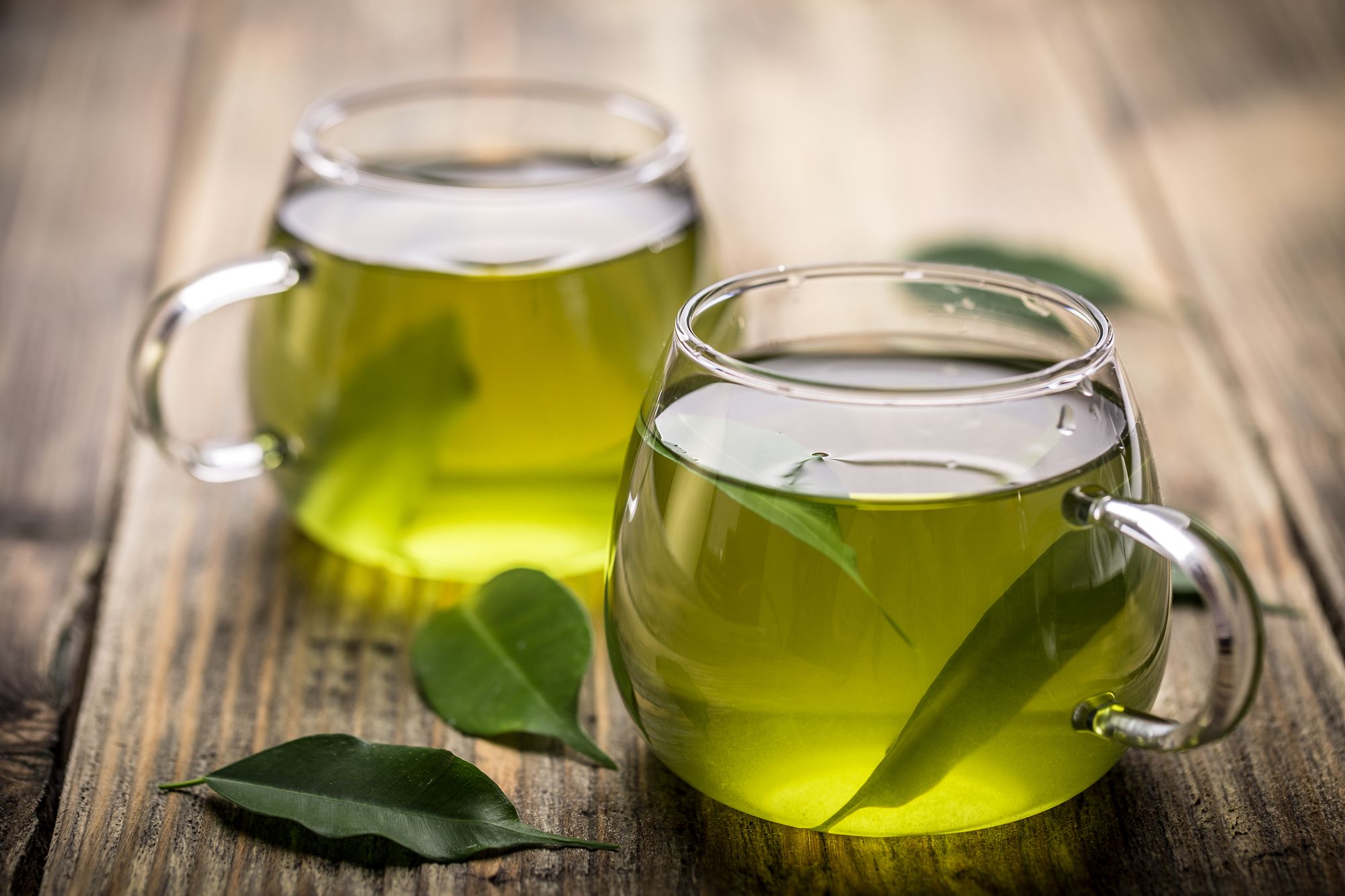
One of Dr. Naidoo's preferred teas for enhancing brain health and alleviating anxiety is green tea. She explains, "It is exceptionally abundant in polyphenols and contains a catechin known as epigallocatechin-3-gallate (EGCG). EGCG possesses potent anti-inflammatory attributes that can lower the risk of age-related neurodegenerative conditions." She continues, "Green tea also contains a significant amount of the amino acid L-theanine, which has demonstrated effectiveness in reducing stress and anxiety levels.

